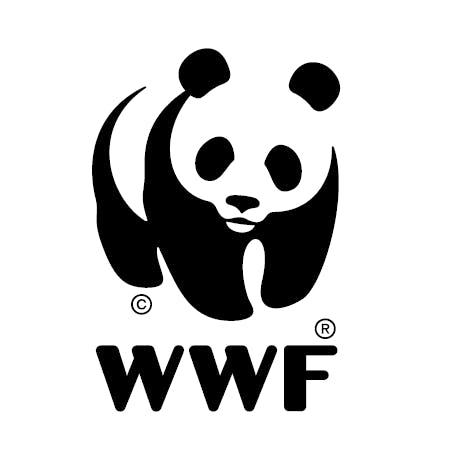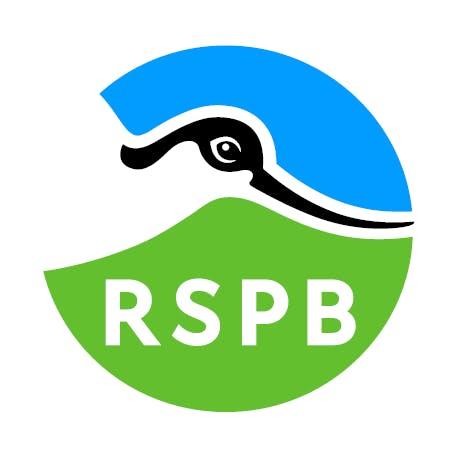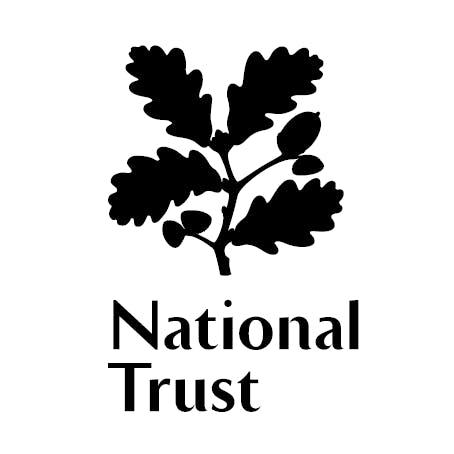Hungry for Change
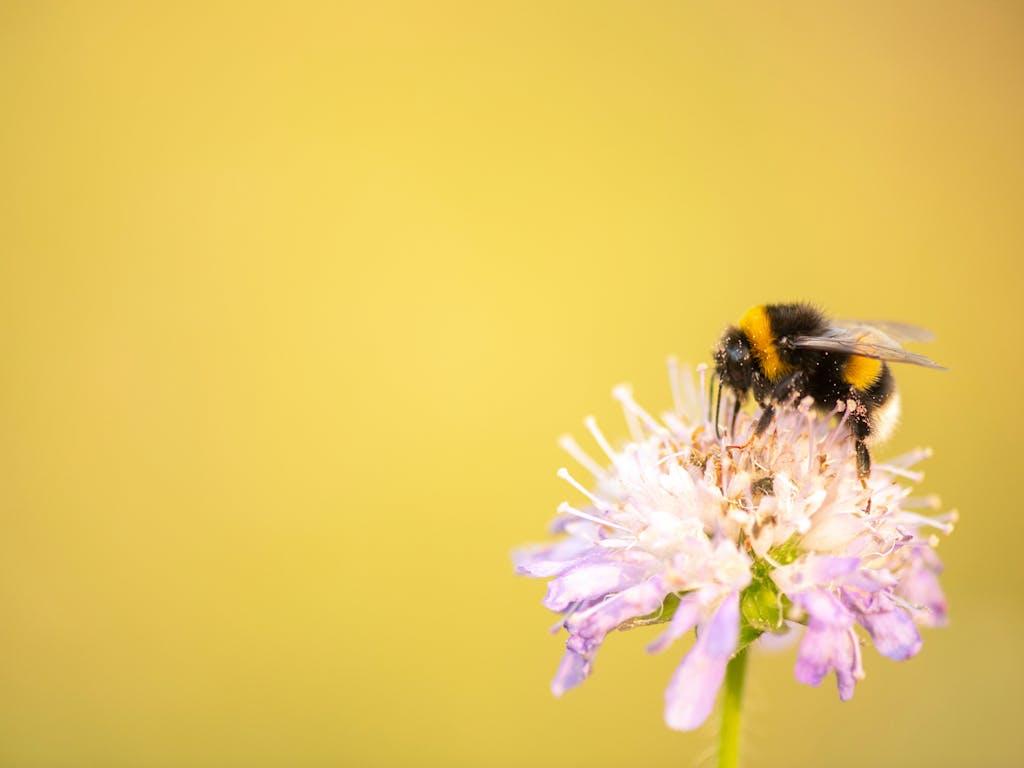

The award winning 'Hungry for Change' film
Inspired by Wild Isles, the iconic BBC nature documentary series, WWF, the RSPB, the National Trust and Silverback Films have come together to produce four films for businesses and organisations across the UK.
The award winning Hungry for Change reveals the impact of the food system on nature in the UK and explores what actions businesses, employees, and farmers can take to reduce their impact. Hear from leaders in the food and farming community, including Henry Dimbleby MBE (Author of the National Food Strategy) Tony Juniper CBE (Chair, Natural England), Ken Murphy (Group Chief Executive, Tesco), Dame Sharon White (Chairman, John Lewis Partnership), nature-friendly farmers like Patrick and David Barker (Lodge Farm) and Neil Heseltine (Hill Top Farm) and others on how businesses can help solve critical issues in the food system and put nature at the heart of their decision-making.
Save Our Wild Isles: Hungry for Change is a 2023 winner of a Global Sustainability Film Award in the Greener Living category.
Get the conversation started in your workplace and industry group by screening this film and finding out how your organisation can support farmers throughout the UK.
Register to host a screening
You can screen any of our Save Our Wild Isles business films in your organisation. When you register your event we can provide exclusive images to help you promote your screening and we may be able to support with a speaker.
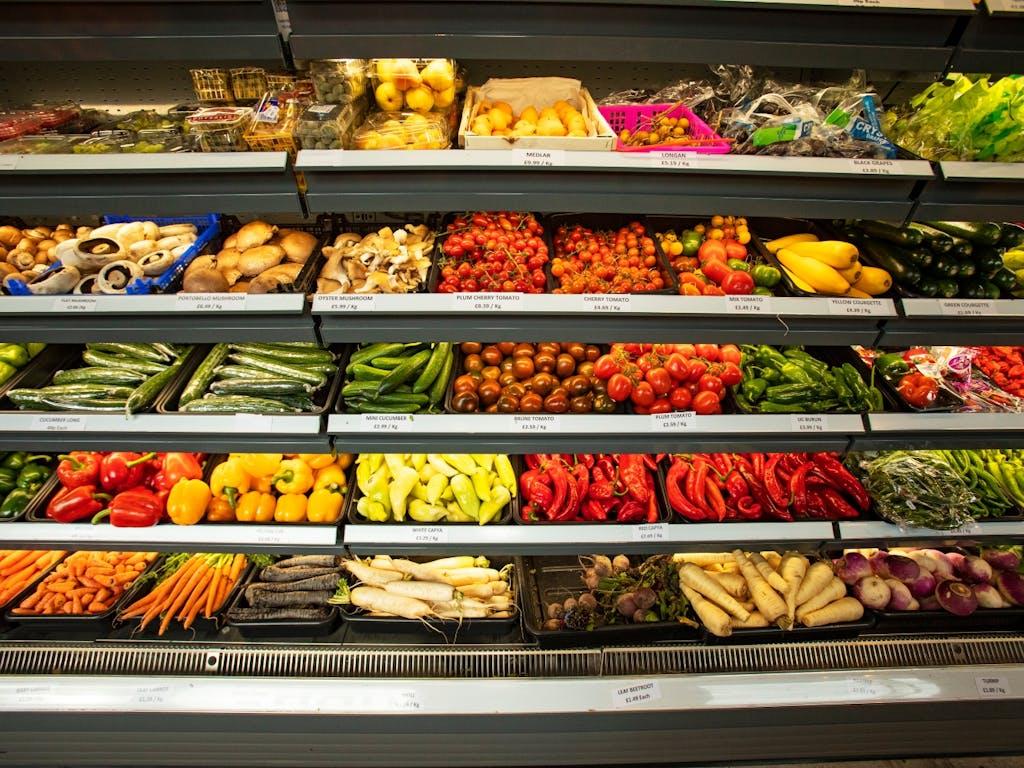

Food for thought
In the UK, £603 million per year comes from contribution of pollinators to the value of food we produce, and yet, since 2004, insect abundance has dropped by 64%.
The UK food system has undergone years of intensification, industrialisation and increased use of pesticides and fertilisers. It is the biggest cause of biodiversity loss in the UK, and of one of the largest contributors to climate change. Nature underpins every aspect of our food system, yet we are losing biodiversity at an unprecedented rate. We are facing catastrophic consequences.
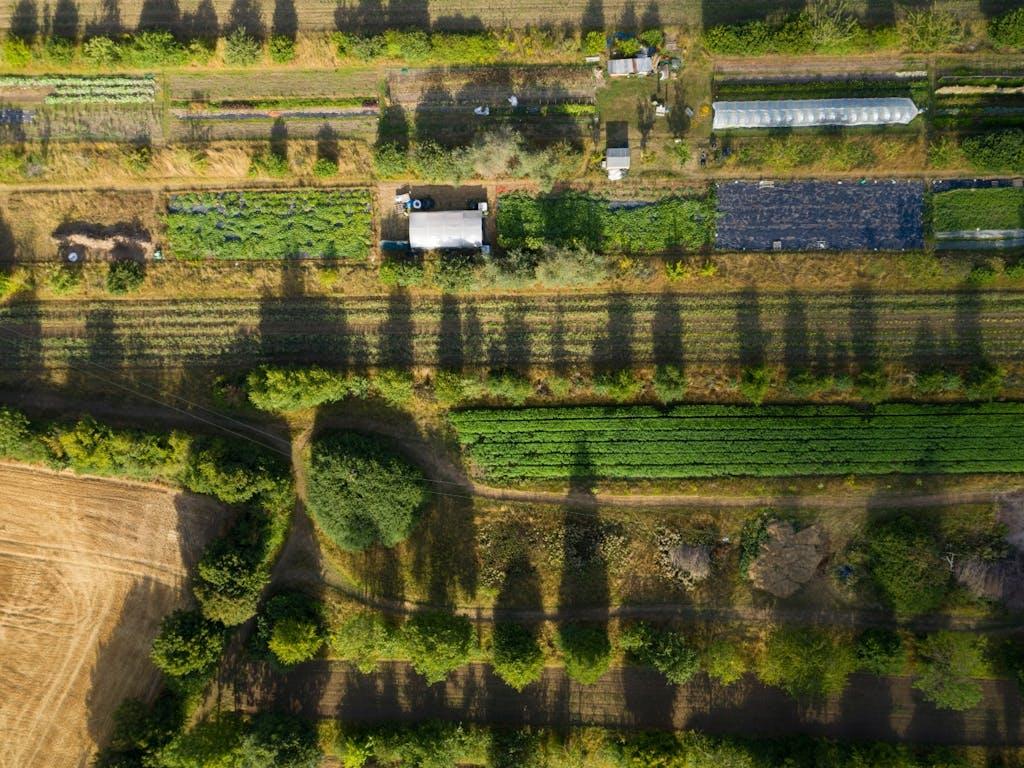

We need to:
- Bring nature back into the food production system. We need our relationship with food to change – from food consumption, food waste, reduction of yields, and market connectivity.
- Provide financial support so that farmers can be climate and nature heroes, helping us store more carbon and protect biodiversity on their land whilst also feeding the nation.
- Move to a regenerative model of agriculture where nature is brought back onto farms and our wider landscapes. Wildflower verges, hedgerows, trees and ponds are all vital habitats for our wildlife, and increase the services provided by nature, from pollination, soil health and carbon sequestration.
- Reduce food waste - everyone in the food industry throughout the value chain needs to play its part to reduce food waste.
- Produce and consume better meat. If individuals can reduce their consumption by 30% it would make a significant difference.
How to host a screening
Want to host a screening but don't know where to start? We've got you covered. From event guides to assets, find out how you can make your screening a success.
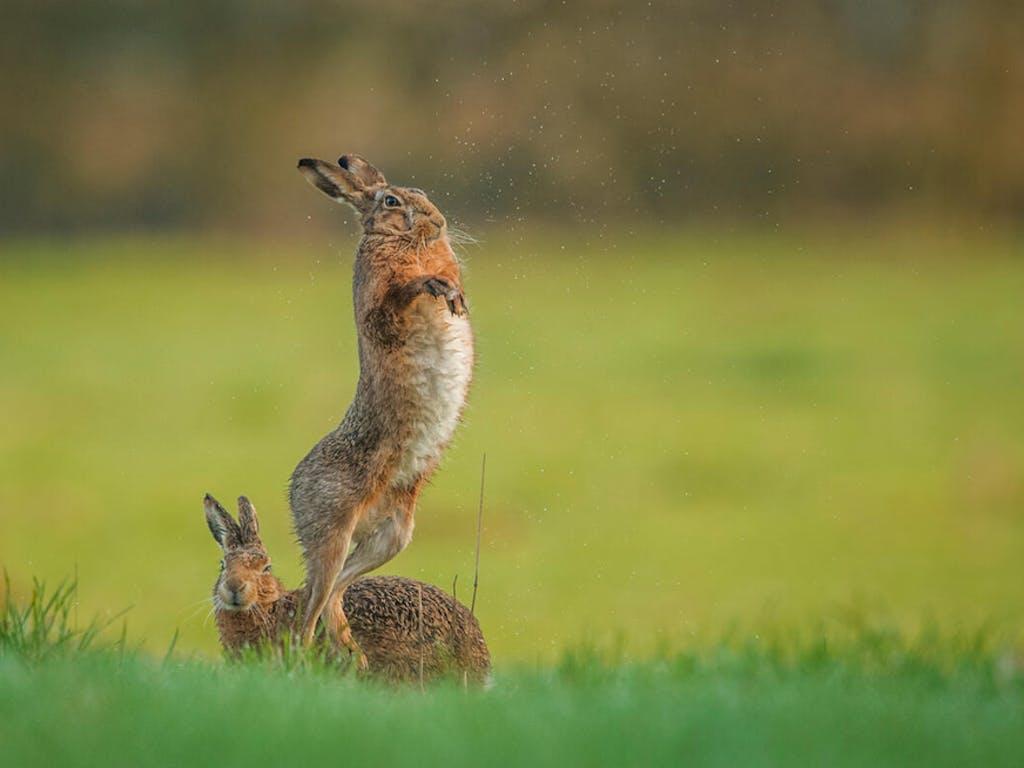

What you can do
- Reduce food waste and commit to reduce meat consumption by 30%.
- Assess your organisation’s impact on the environment.
- Commit to setting Science Based Targets for Nature (SBTN).
- Advocate for fair regulations and incentivisation which will support farmers to transition to a way of farming which protects and restores nature.
- Don’t wait for perfect - share learnings, challenges and progress.
Find out more about these films
To find out a full list of contributors and more information about the topics raised in this film, please see the links below.
"If we don’t change our food system, we wont be able to feed ourselves in the future"
Henry Dimbleby MBE, Author of the National Food Strategy
Our other films
There are four films in total in the series, we encourage to you watch and screen all the films so you and your colleagues can understand how our landscapes and seascapes are connected.








